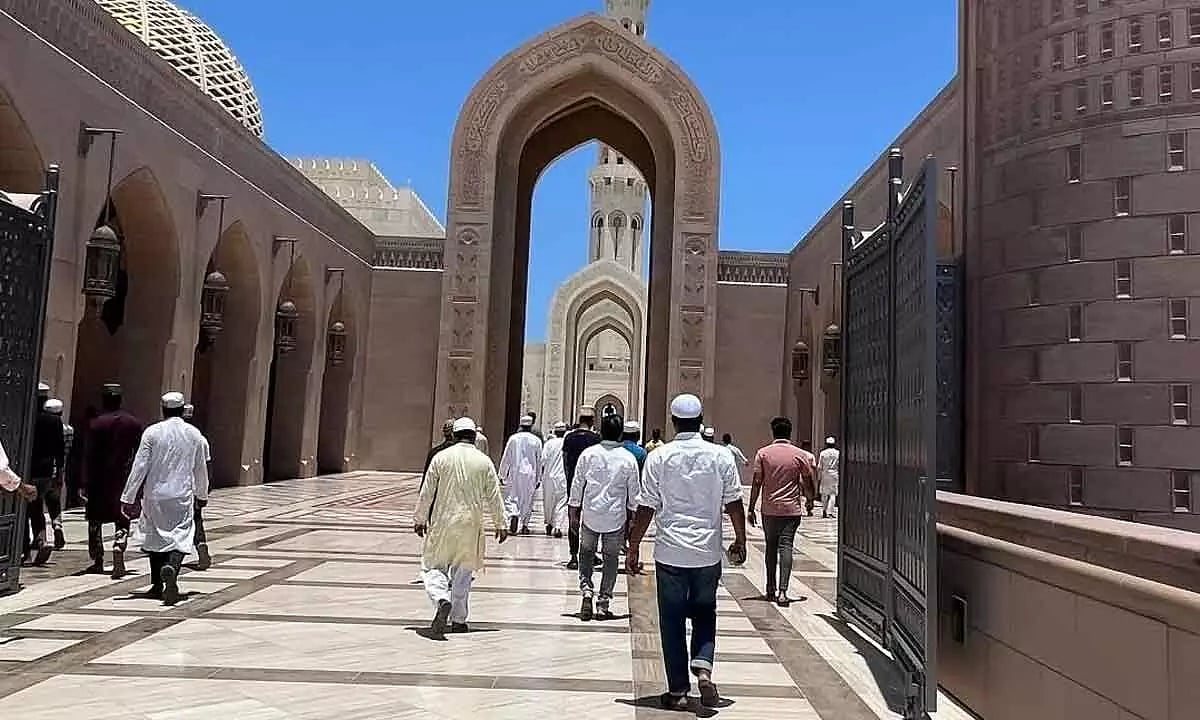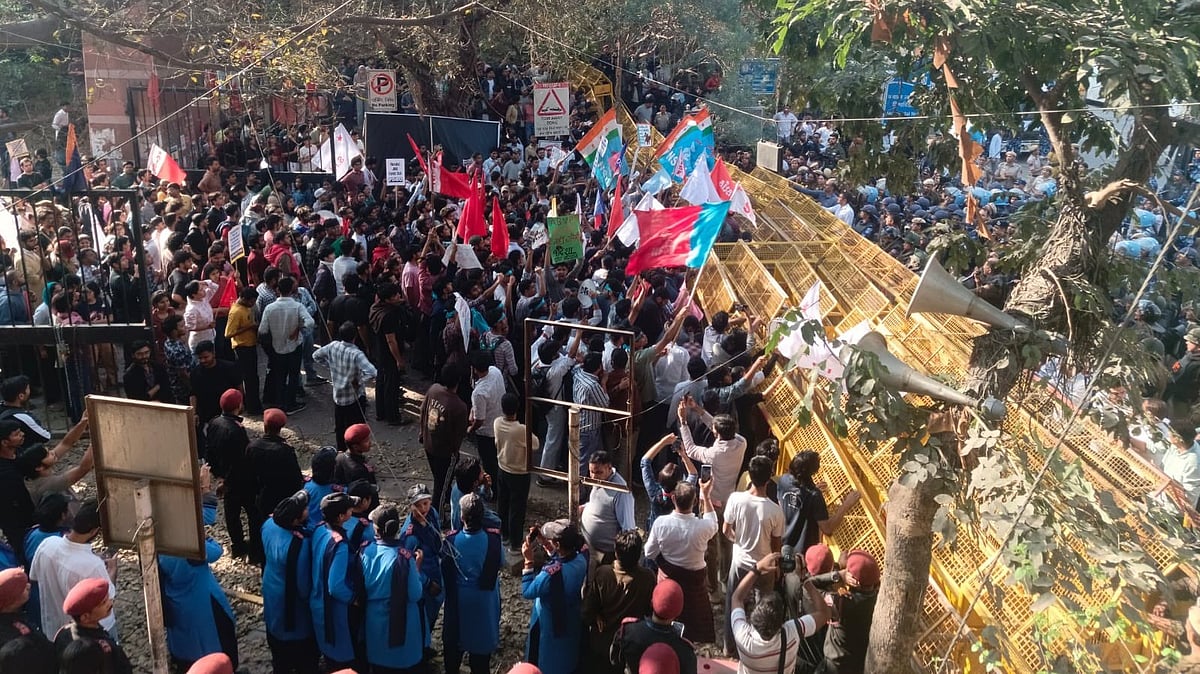An attack on a Shia-Muslim mosque in Oman on Monday killed six people. The ISIS, a Sunni-Muslim group has claimed responsibility for the attack.
The incident is unprecedented for Oman, a country that has not witnessed the sectarian violence between the two groups that has killed thousands from Syria to Pakistan. Radical Sunni groups consider the Shia, who constitute between 10 to 15% of the Muslim population, heretics.
However, Islamic scholars say that the divide between Sunnis and Shias is not ideological but political. Zeenat Shaukat Ali, director-general of Wisdom Foundation and former head of the Department of Islamic Studies at St Xavier’s College, said the divide is primarily due to the difference in opinion on who should have led the Muslim community after the Prophet Muhammad.
“To begin with, the Shia and Sunni have a lot of common ground. There is no conflict in beliefs; both follow the five pillars of Islam. The personal laws are not very different. Muslims have to realise this: Politics have taken over,” said Ali, who conducted a series of dialogues between 2019 and 2022 in Mumbai, bringing Sunni and Shia scholars to a common forum to discuss reconciliation and coexistence.
Ali explained that the dispute started when one group of Prophet Muhammad’s followers felt that a successor should be elected; another set of believers thought that the Prophet’s descendants should succeed him. The first group selected Abu Bakr, a faithful companion of the Prophet as the first Khalifa, or Caliph. The others chose the Prophet’s cousin and son-in-law, Ali, as their first Imam.
The conflict turned violent when Ali, who became the fourth caliph, was assassinated and Muawiya I, another leader, assumed the caliphate, shifting the capital to Damascus. Ali’s son, Hussain, who is considered the third imam after his father and brother Hassan, was killed along with his family in Karbala in October CE 680 in the continuing war of succession. The day, the 10th of Muharram, is observed as Ashura. The followers of Ali came to be called as Shian-e-Ali or party of Ali, the origin of the term ‘Shia’. ‘Sunni’ is derived from ‘Sunna’ or ‘lawful’.
“In the historical narrative, on this day, Hussain ibn Ali, grandson of the Prophet Muhammad, is recorded as the bearer of light and truth, honourably demonstrating the power of good over evil when he unyielding, irrespective of the odds, valiantly gave his life for veracity, integrity, righteousness despite the merciless massacre and destruction of his family,” said Ali.
“So the divide is political, not ideological. Many of the Sunni caliphs, like Abu Hanifa, had Shia teachers. The system has become complicated. At the Wisdom Foundation dialogues, I said: ‘Stop the anger.’ You follow the same book, the same prophet, and pray towards the Kaaba (the building at the centre of the Makkah mosque) But somehow things get into your mind and do not get out. It [the animosity] is based on ignorance,” said Ali. “Islam was founded to bring the 360-odd tribes in Arabia under one umbrella.”
Maulana Zaheer Abbas, the senior vice president of the All India Shia Personal Law Board, said that he looked at the conflict as a Daesh (ISIS or Islamic State, which wants to recreate the caliphate) versus the Shia and as a Shia-Sunni problem. “Daesh has created its own Islam. The Sunnis also respect Imam Hussain and observe Muharram. What ISIS is doing is against Islam. Except for the Salafis [a revivalist movement in the 19th century] there is no difference in the beliefs of all Muslims. The ISIS are Salafis,” said Abbas.
Ali said that the two groups should look at how the Catholics and the Protestants, the main denominations of Christianity, have overcome conflict and work together in institutions they have jointly built.






